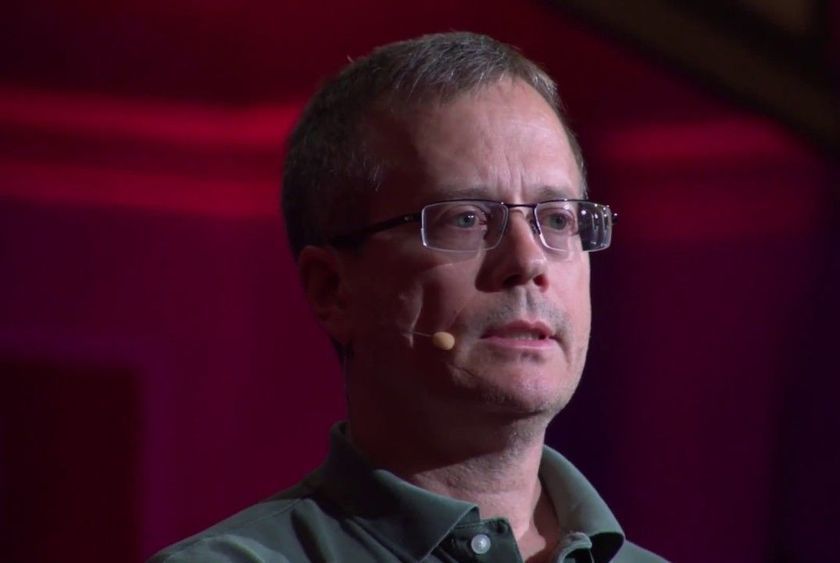Over 116,000 people in the US are on organ transplant waiting lists because of a shortage in healthy donated organs. Dr. Wells and his team have been harnessing the power of stem cells to grow miniature versions of human organs in the laboratory. Today, mini organs are being used to help diagnose patients and improve care and Dr. Wells and colleagues are working to generate lab grown organs for future transplantation into patients. Screen reader support enabled. FB: James Wells, LinkedIn: James Wells As a Developmental Biologist, Jim Wells has spent the past two decades trying to uncover how a single cell gives rise to tissues, organs and eventually a whole organism. With this information as a roadmap, he has pioneered approaches to generate mini organs (organoids) from stem cells in the laboratory. Dr. Wells is now part of a team that is using tissue engineering to generate bigger and more functional organs in the lab that can be used for transplantation into patients in the future. Dr. Wells is a professor of Pediatrics at the Cincinnati Children’s Hospital Medical Center. He is in the Division of Developmental Biology and where he established the human pluripotent stem cell facility. He is also the Director for Basic Research in the Division of Endocrinology and was appointed Chief Scientific Officer of the Center for Stem Cell and Organoid Medicine. As a Developmental Biologist, Jim Wells has spent the past two decades trying to uncover how a single cell gives rise to tissues, organs and eventually a whole organism. With this information as a roadmap, he has pioneered approaches to generate mini organs (organoids) from stem cells in the laboratory. Dr. Wells is now part of a team that is using tissue engineering to generate bigger and more functional organs in the lab that can be used for transplantation into patients in the future. Dr. Wells is a professor of Pediatrics at the Cincinnati Children’s Hospital Medical Center. He is in the Division of Developmental Biology and where he established the human pluripotent stem cell facility. He is also the Director for Basic Research in the Division of Endocrinology and was appointed Chief Scientific Officer of the Center for Stem Cell and Organoid Medicine. This talk was given at a TEDx event using the TED conference format but independently organized by a local community.
